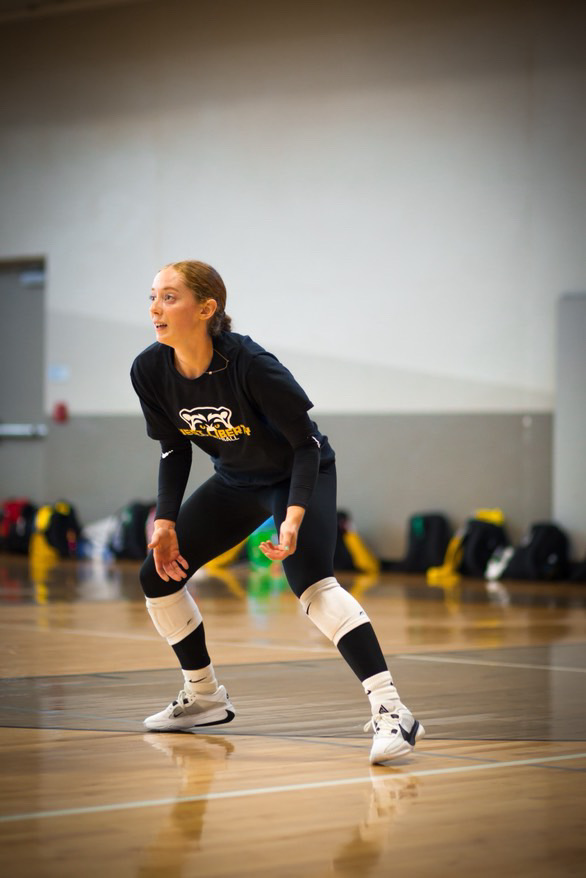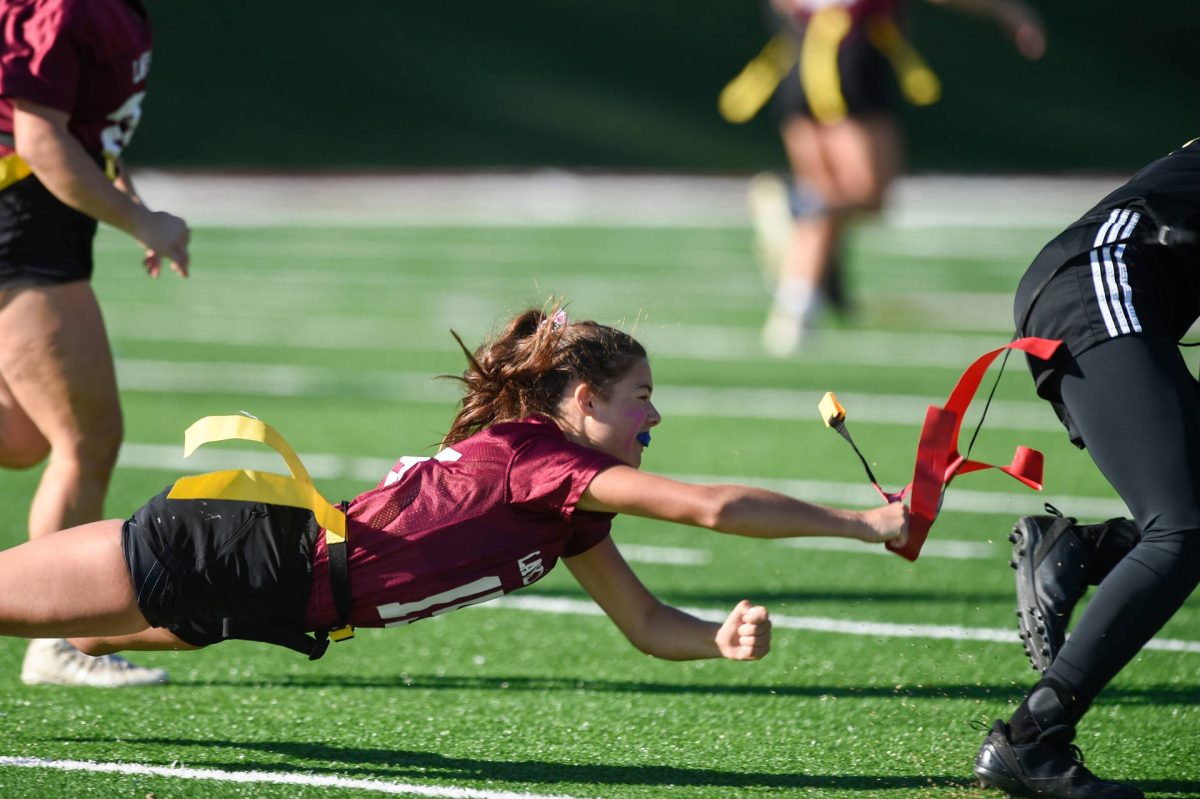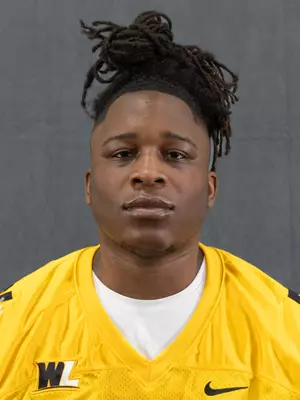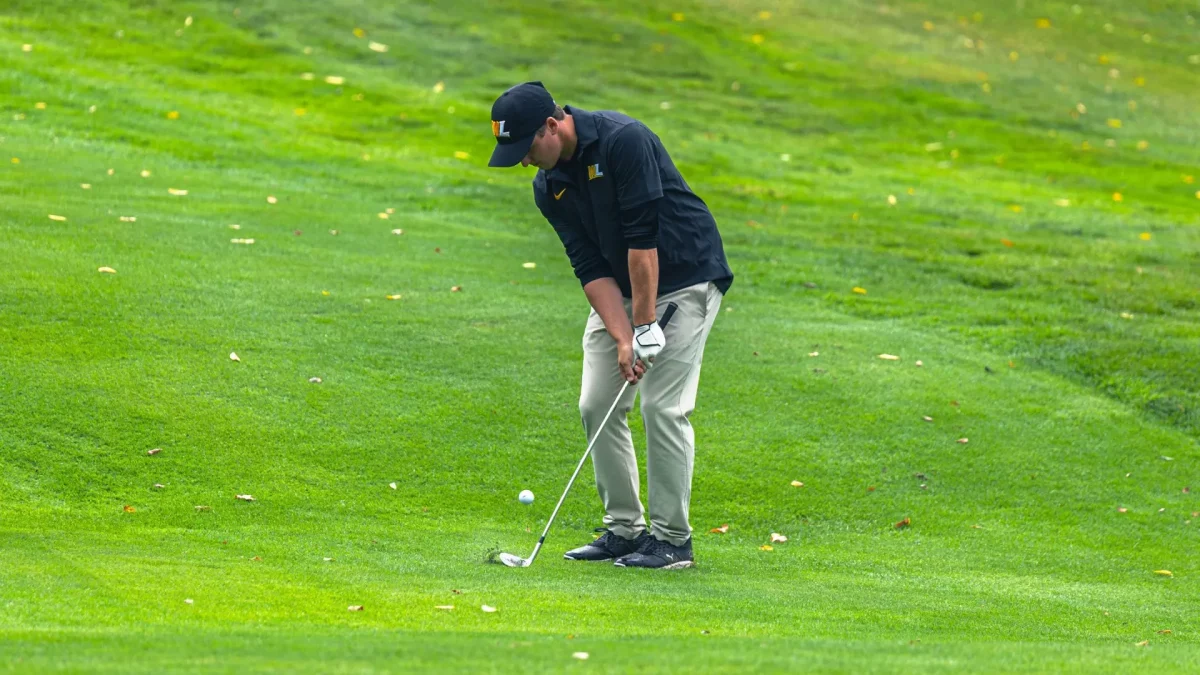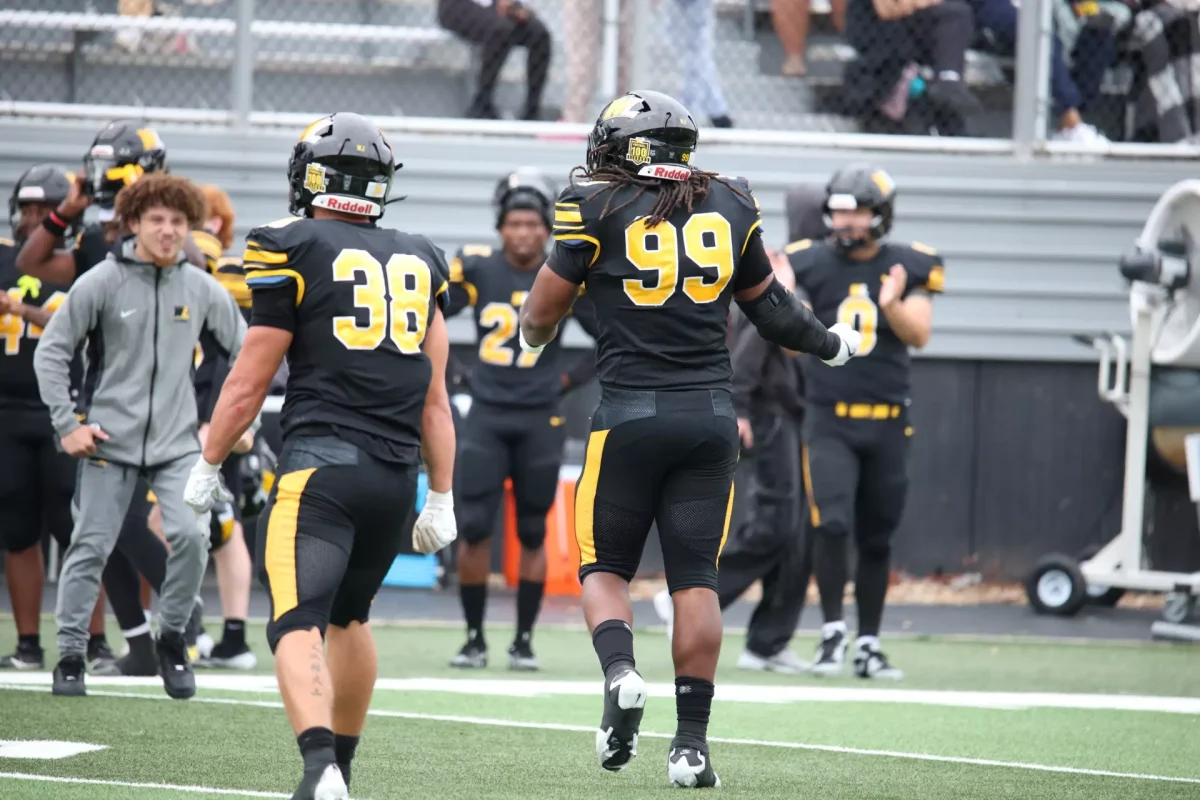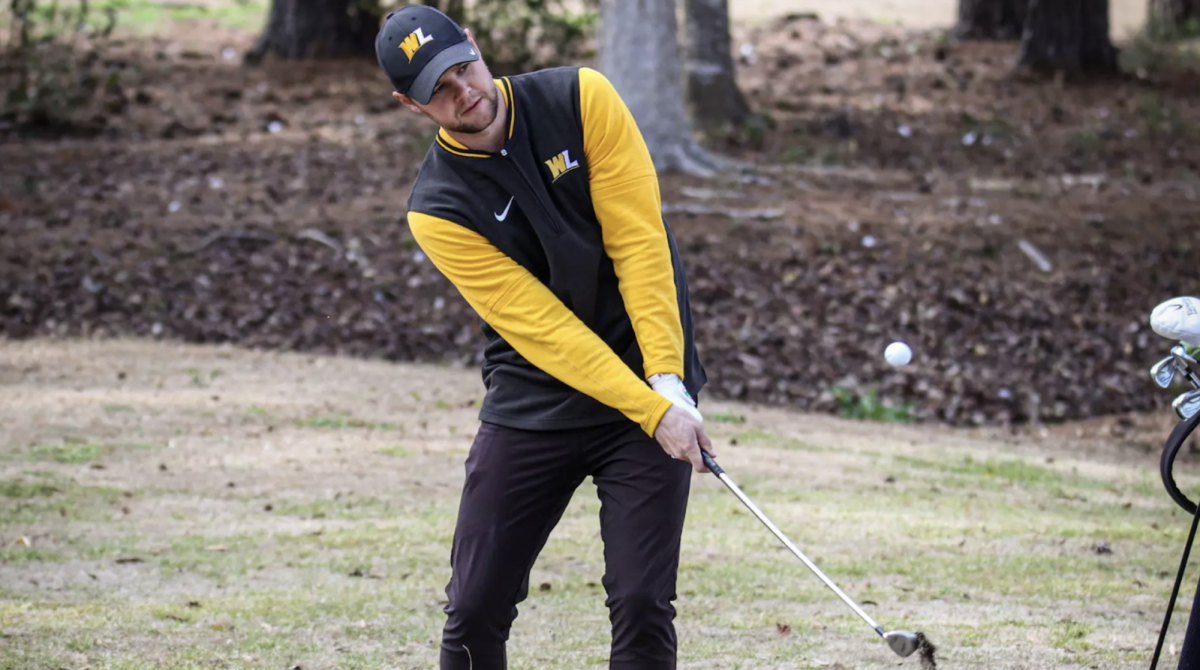WEST LIBERTY, W. Va. – When Grace Yoder graduated high school in 2022, her path to college volleyball was anything but simple. The lingering effects of COVID-19 left recruiting thin, and despite competing for a nationally known club program, she received only two walk-on offers.
“I really needed to develop my skill set more, so I went JUCO,” Yoder said. “I am extremely grateful for my junior college years as they helped me develop as a player and allowed me to get game experience as an underclassman. I was in the gym every day, getting extra reps, really doing everything possible to improve.”
That grind paid off. After two years at Northeastern Junior College in Sterling, Colorado, Yoder entered the transfer portal and received eight scholarship offers, including her first Division I opportunity, which came from Mercyhurst.
She committed to Notre Dame College, a Division II school in South Euclid, Ohio. But when the school shut down unexpectedly just months later, her career was suddenly thrown into uncertainty again.
“I was so burnt out I was going to quit,” Yoder admitted. “But West Liberty came along and I loved Coach Makenzy [Johnson]. She brought my love for the game back.”
“Her speed and IQ were the first things I noticed during the recruitment process,” West Liberty head coach Makenzy Johnson said. “She has a very high volleyball IQ that allows her to read and react quickly in defense, making her a huge asset to our program.”
Ashley Cudnik, one of Yoder’s teammates at West Liberty, attests to that skillset. “On the court, she is talkative, motivating, and a great teammate to play next to,” Cudnik said. “Off the court, she is kind, full of laughter, and a great friend.”
At West Liberty, Yoder settled into NCAA Division II competition, where the game was faster and every match felt up for grabs. She had just begun to hit her stride when, on Nov. 1, 2024, everything changed.
Yoder recalls hearing a loud pop and feeling the most excruciating pain she’s ever felt during a match against West Virginia State. “I didn’t know what it was at first, but I was able to limp around afterward, so I continued to play,” she said. “By the third set, my ACL ended up tearing even more, so I was forced to sit down.”
The MRI confirmed what she already feared. A long road of surgery and rehab stretched out before her.
“The team was in shock when it happened,” Cudnik said. “When we found out that she needed surgery and was going to be out for a while, we were heartbroken.”
Johnson remembered the player Yoder was before the injury: “Dedicated and relentless — and she still is during her recovery. She always shows up to get extra reps, is vocal with her position groups, and wants to see them succeed with or without her on the court.”
It wasn’t the time away from the court that was the toughest part for Yoder — it was the mental side. “I’ve never been this inactive,” she said. “I’ve never had to think twice about jumping onto a box or landing on one foot. Learning to retrain my brain has been the hardest part.”
But from that setback came a new platform. Yoder launched a social media page to document her rehab, which at first was just for herself.
“Really, I just wanted to document my progress so I could look back and see how far I had come,” she said. “But at the same time, I had hundreds of people reaching out to me asking questions about rehab, volleyball, and mental health. It was incredible to see the number of people who were interested.”
The page has since grown into a space where she connects with athletes and non-athletes alike, offering glimpses into the physical grind of rehab and the mental battles of recovery.
“Sharing my journey has allowed me to step into a space where I’m creative and doing something that’s contributing to other people’s lives in a positive way,” Yoder said. “It’s helped me find things outside of sports that I enjoy, and it’s given me opportunities I never thought possible if I had let fear of what others thought hold me back.”
Cudnik says Yoder’s social media page has inspired the whole team. “It has shown us time and time again for us to always work hard, no matter what, and to keep pushing even when things are hard,” she said.
The injury, painful as it has been, has also reshaped how Yoder views her sport and herself.
“I used to claim volleyball as my whole world,” she said. “If I had a bad practice or bad game it impacted my entire day.
“Suddenly, the game was taken away from me, so I really battled with some mental health issues. But I’ve learned so much about myself. I’ve been investing time into different things I enjoy doing and I’ve been able to help a lot of people through my own recovery.”
“The biggest thing I’ve learned from watching her go through this is to never take a day for granted,” Cudnik said. “You never know when your sport could get taken away from you or when you could lose the opportunity to compete anymore.”
Looking ahead, Yoder’s goals are simple. “I really only have one goal once I get back and that is to truly enjoy playing the game that I love,” Yoder said. “I want to take in every moment that I get, and bring joy back to my game.”
Grace’s advice to athletes facing the same road? “Be present in every moment, celebrate others, and discipline will always beat motivation.”
For Yoder, the rally isn’t over. It’s just the longest one of her life. She’ll be taking a medical redshirt for the 2025 season, but looks to return to the court in 2026 as a redshirt-senior.


